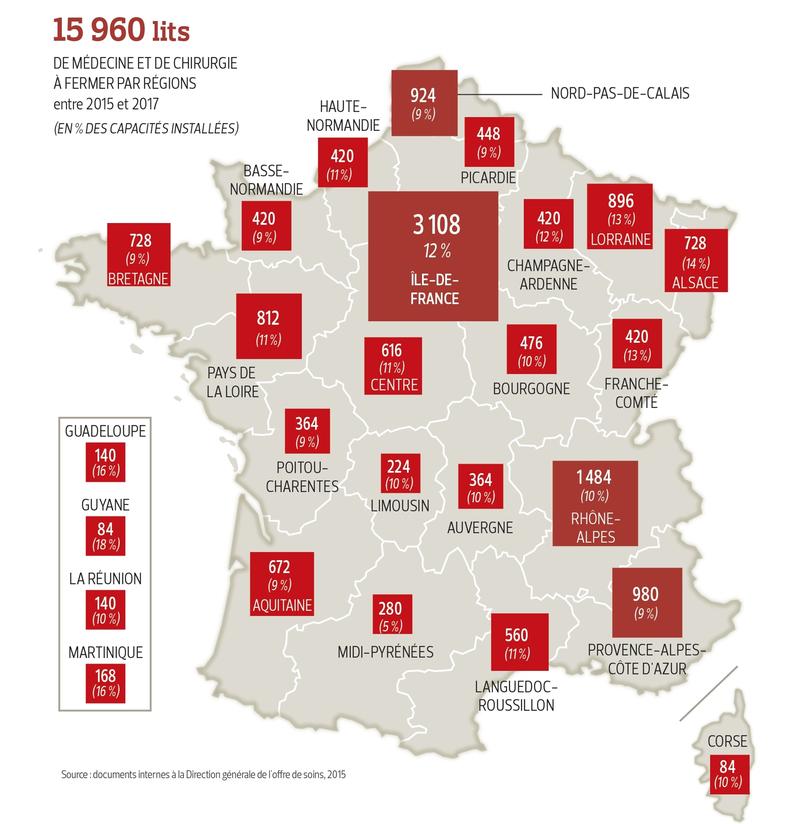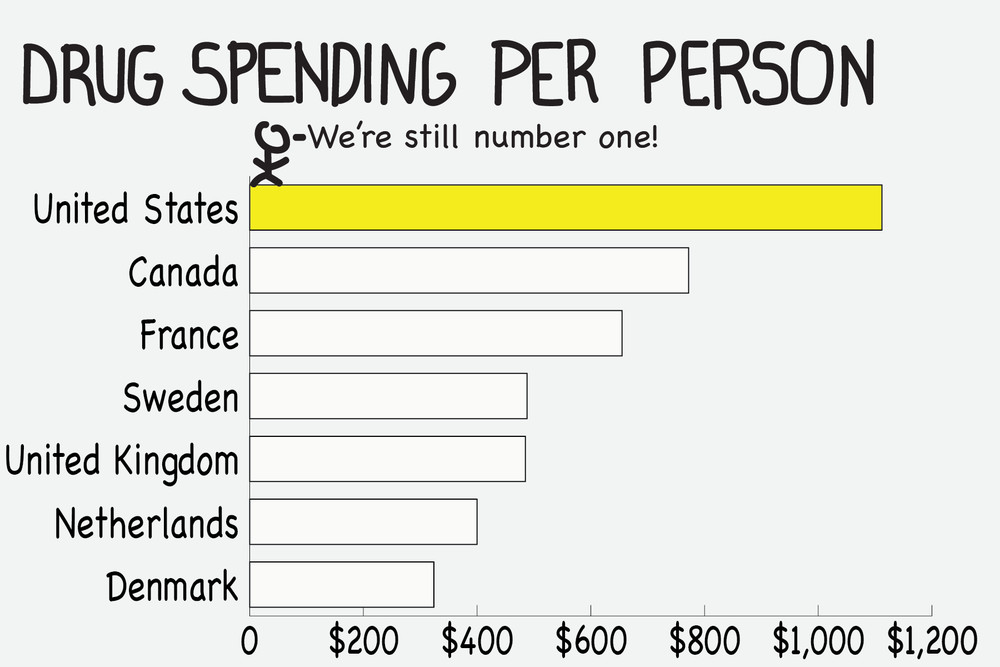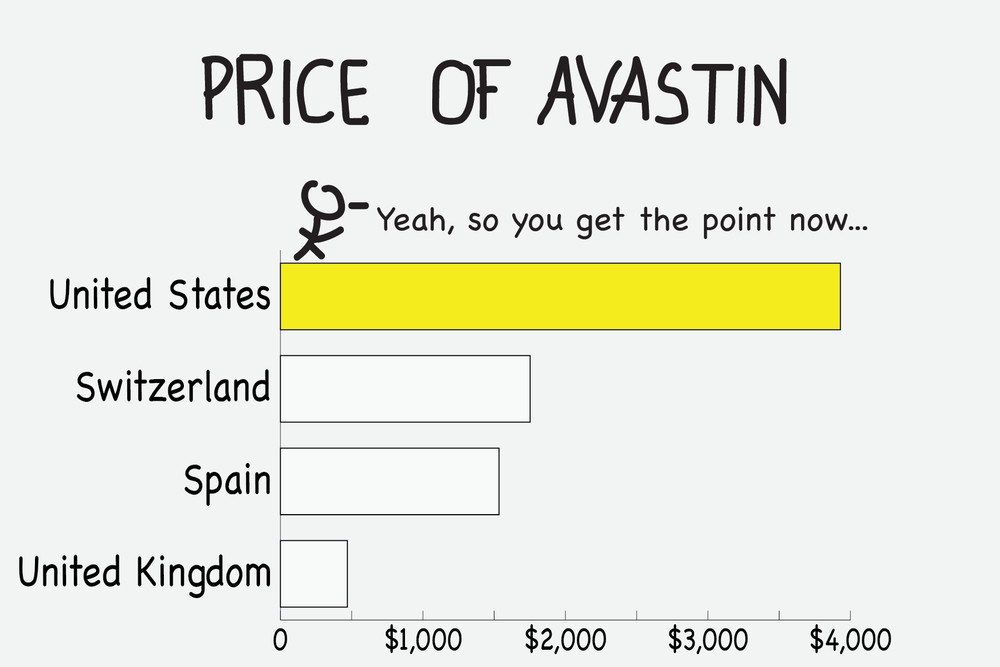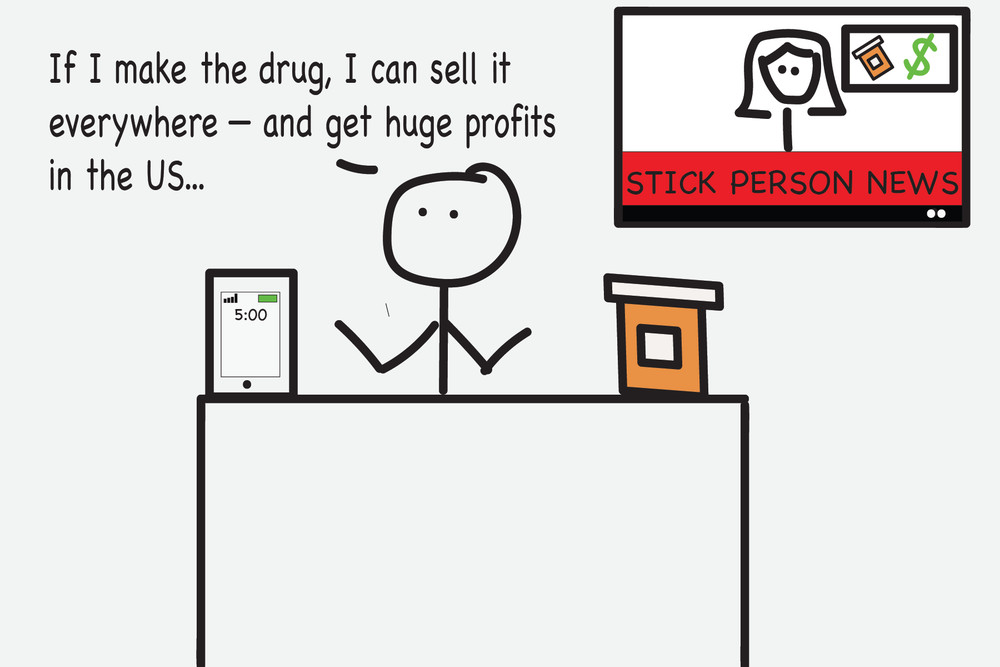Neither should matter as long as they have better outcomes (i.e. lower mortality, longer survival etc.) which they do. Population-level healthcare should be focused on outcomes and costs, with patient satisfaction very low on the list of priorities. That's why Europeans tend to have tiered systems, where those who want to be pampered pay much more and are offered a completely different customer experience.
I am sure that, even in Canada, one can get better and faster access at private clinics. Our problem is that Americans just can't stand if they don't get the same level of care as their rich countrymen, which is considered absolutely normal in Europe. For example, many elective joint replacement surgeries are a waste (at a society and outcome level), and I bet the waiting times for them are pretty long in Europe (as they should be, if not urgent or truly last-resort). I have met a good number of Americans with 5+ serious elective surgeries during their lives (I am not talking cataracts or C-sections), most of them probably unneeded (e.g. back surgeries, or major surgeries at age 90+); that just doesn't happen in Europe, not on public money.





